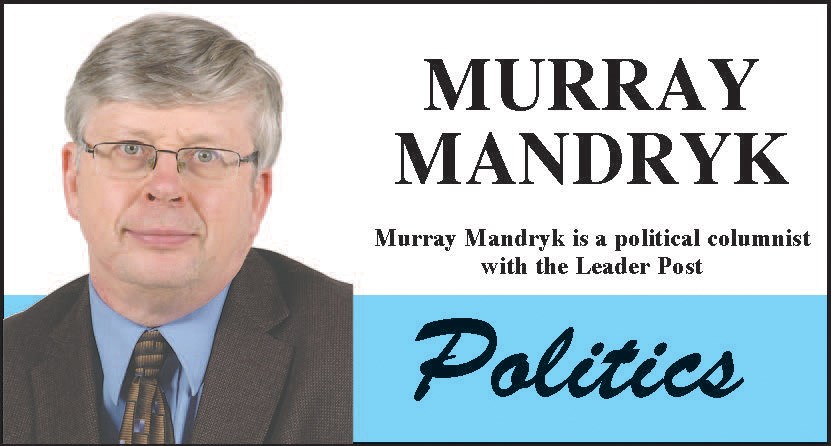If it doesn’t seem as if the news is getting better on the COVID-19 front, it’s likely at least partly due to how stressful days take their toll on our perspectives.
Right now, it does seem as if there was no bad luck in 2020, there would be no luck at all.
But what we can’t lose sight of the reality that bad things happen all of the time. We need to consider that because it isn’t especially productive to allow them to play on our already existing anxieties.
Take the Victoria Day weekend crash of the Snowbirds jet in Kamloops as it was wrapping up “Operation Inspiration” – the nationwide fly-by from the Moose Jaw-aerial team that was supposed to bve a gesture of thanks to lift our spirits during this pandemic.
The sad accident claimed the life of Capt. Jennifer Casey – a Snowbirds team member and former journalist turned information officer for the elite flying unit.
Casey was a Halifax resident and now joins a sadly growing list of Nova Scotians who tragically lost their lives in the past couple months as this pandemic has taken hold.
Prior to her death there was the mass killing of RCMP Constable Heidi Stevenson and 22 others. And the helicopter crash off the coast of Greece killed Sub-Lt. Abbigail Cowbrough of Halifax and three others.
These are sad events, but not all tragedies across the country or halfway around the world need be attributed to COVID-19.
It’s human nature to want to see patterns where they don’t exist. And it’s even more human to fear what we don’t understand.
“What we know about stress related to COVID-19 is that it revolves around a lot of the unknowns — and there remain many unknowns, many questions,” Gordon Asmundson, a University of Regina clinical psychologist and professor, told the Regina Leader-Post’s Heather Polischuk.
“It’s not like it’s a threat that we can see.”
One other big problem goes beyond the reality that seems even easier these days to identify and then dwell on the problems.
There are a lot of decisions being made in a condensed timeframe, feeding the old adage: When things go wrong, they really go wrong.
Just as the virus seems well in hand – and as of the writing of this, there were 16 active cases in the entire southern half of the province – we saw a major outbreak in La Loche and the north that still accounts for 107 active cases.
This disparity between the north and south only seems to be adding to the stress and frustrations.
Northerners are understandably upset by road blockades preventing needed travel to get groceries and other lives’ necessities.
And, out of an abundance of caution, the Saskatchewan Health Authority has shut down emergency services in 12 rural Saskatchewan hospitals.
This has rightly angered rural residents – most of whom haven’t seen a COVID-19 case in their vicinity in at least a month.
“I’m not impressed with it whatsoever. I’m quite shocked that they would do that,” Davidson Mayor Tyler Alexander told The Canadian Press’s Stephanie Taylor.
One can certainly understand why. In the middle of seeding and going into summer where bad road accidents tend to be more frequent, closing the nearest emergency service is a frightening prospect. For a rural-based government that lobbied mightily for the creation of STARS emergency helicopter service in this province, there does seem to be a disconnection in the decision-making process.
There again, with a million decisions to make at least a few of them are bound to be questionable.
Things aren’t great right now and won’t be for a while.
But with dwindling active cases names, they are getting better. We can’t let the stress get the best of us.
Murray Mandryk has been covering provincial politics since 1983.



